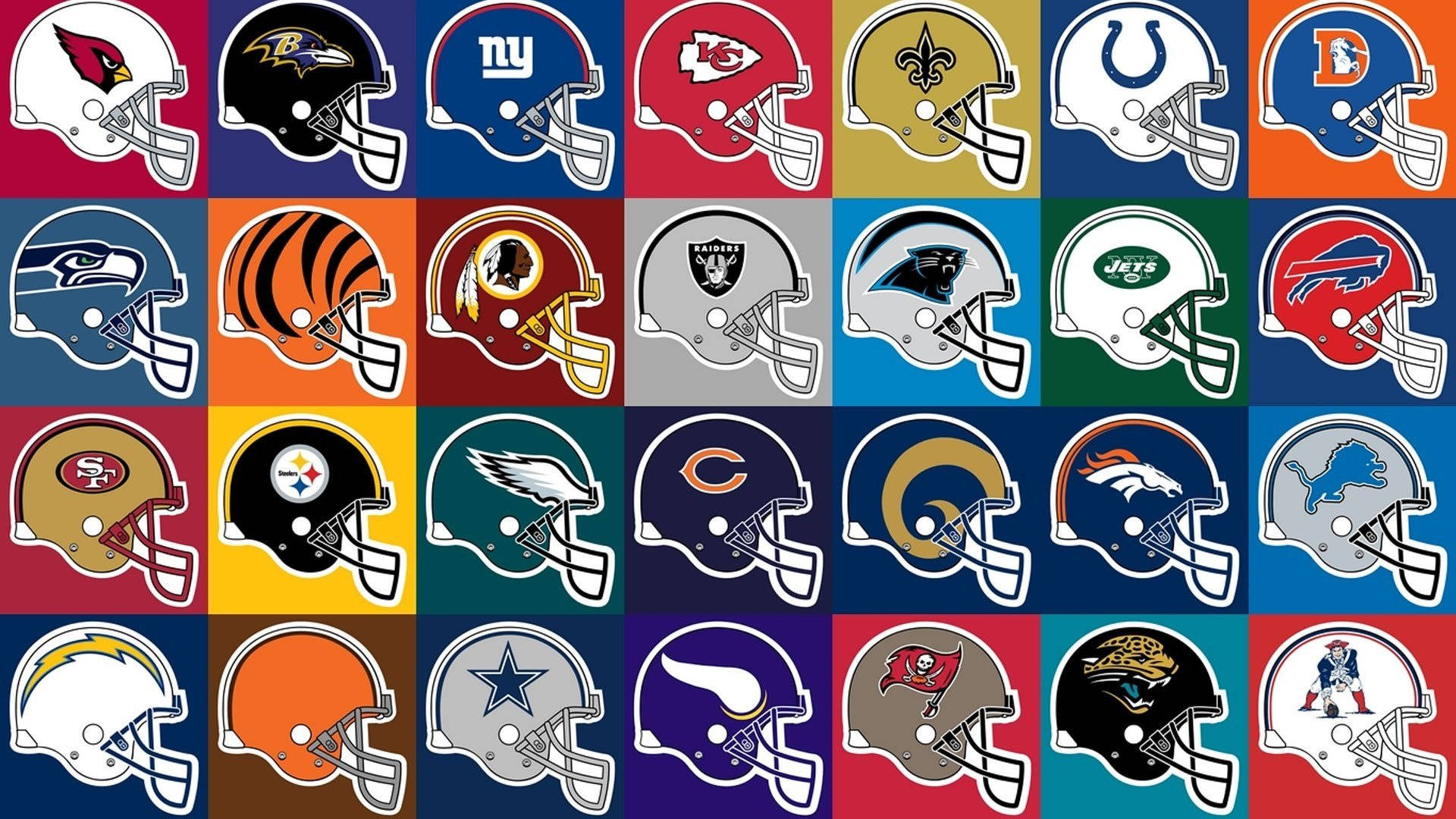
Private equity investors are being allowed to enter the National Football League (NFL), albeit with limited involvement. The decision by NFL team owners to allow private equity firms to acquire up to a 10% stake in a franchise follows similar moves by other major US sports leagues since 2019. However, the NFL has taken a cautious approach, ensuring that private equity investors will not have a direct influence on team decisions. The main benefit for teams will be the injection of funds, which can be used for stadium upgrades and construction. This is especially valuable considering the skyrocketing valuations of NFL teams, averaging $6.49 billion.
Allowing private equity investment in the NFL is a necessary move due to the increasing difficulty for families and high net worth individuals to afford purchasing a team. This liquidity problem in the market can be solved by allowing more entities to enter as buyers, ultimately boosting valuations. Additionally, private equity investment offers a solution for team-owning families facing estate taxes, providing them with additional liquidity for various purposes.
The NFL has been observing other major US sports leagues, such as the NBA, MLB, NHL, and MLS, which have already allowed private equity ownership of up to 30% of teams since 2019. The NFL, being the last major league to allow private equity, has taken a thoughtful approach to protect the integrity of the game. The league has set specific rules for private equity firms, including a minimum hold period of six years and the ability to do deals with up to six teams. The NFL has also indicated that it intends to take a percentage of private equity profits on future sales of ownership stakes, a practice not seen in other leagues.
While private equity firms typically take management and board roles in their investments, the playbook for sports teams is different. In the NFL, private equity investors will have little control over team operations and personnel. However, there may be some management ingenuity where investors can provide input on the connectivity of the franchise and other businesses.
The NFL’s decision to allow private equity investment comes after careful consideration and scrutiny of the investors involved. The approved firms collectively have $2 trillion in assets and are committing $12 billion, inclusive of leverage, over time. Ares Management, one of the approved firms, has a significant presence as an investor and has already been involved in various sports transactions. Arctos Partners, another approved firm, has a deep bench of team investments and is expected to exit its stake in the NHL’s Tampa Bay Lightning as part of the sale process. Sixth Street Partners, the third approved firm, has been rapidly expanding its footprint in media and sports. A consortium consisting of Dynasty Equity, Carlyle Group, CVC Capital Partners, and Ludis is also able to acquire stakes in teams.
In conclusion, the NFL’s decision to allow private equity investment is a significant development in the sports industry. While private equity investors will have limited involvement in team decisions, their injection of funds will benefit teams in terms of stadium upgrades and construction. The move also addresses the liquidity problem in the market and provides an opportunity for team-owning families to offload a stake and gain additional breathing room. The NFL’s cautious approach, observing other leagues and setting specific rules for private equity firms, ensures the protection of the game’s integrity. The approved investors, with their vast resources and experience in sports investments, will bring valuable contributions to the NFL.

